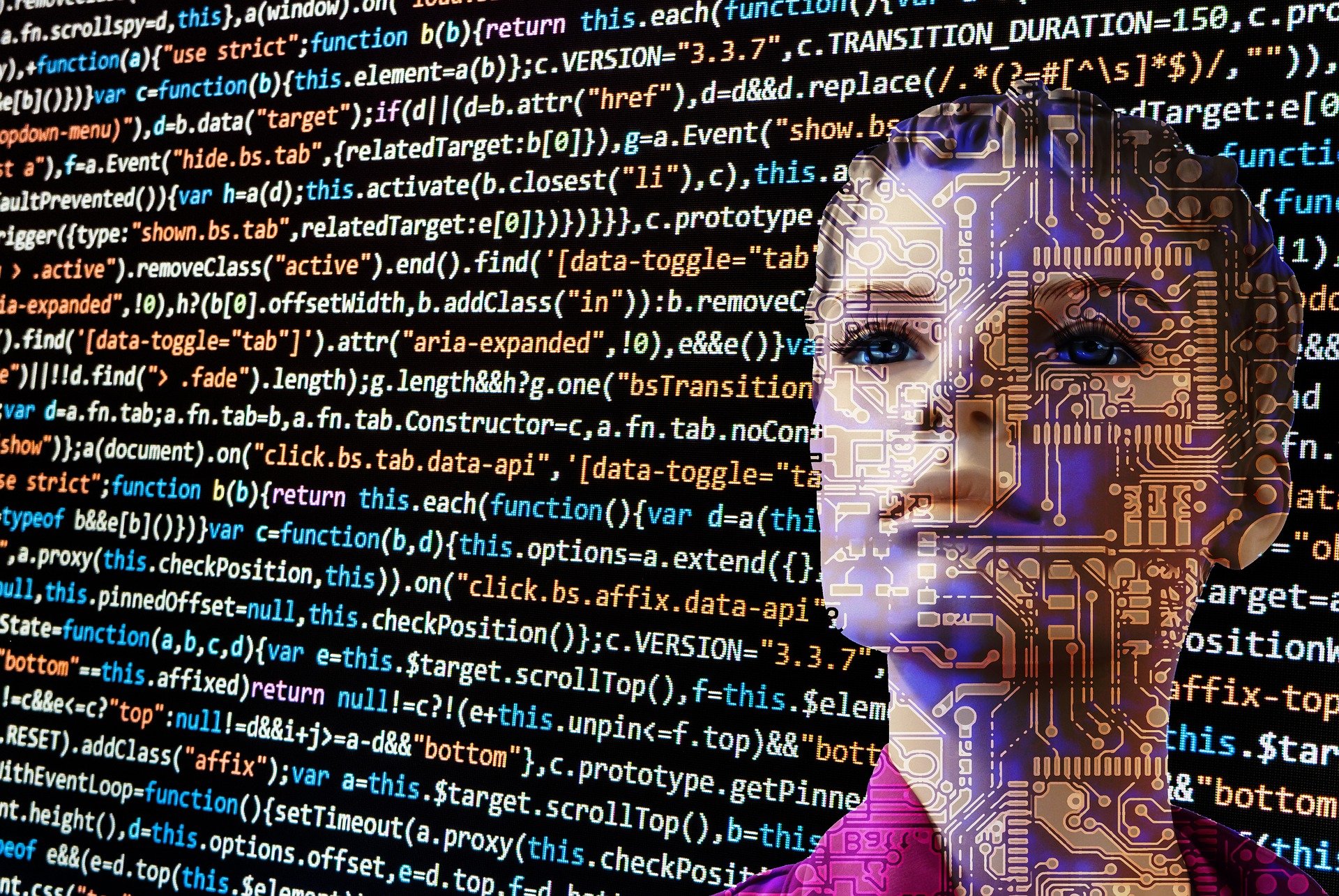AI was gaining in significance and usefulness before the pandemic, but the events of 2020 have thrust this technology into the spotlight. In fact, it is estinmated that in the next ten years, artificial intelligence (AI) is projected to add $15.7 trillion to the worldwide economy – a number which represents 26% of global GDP for the same period. How can it be that one aspect of technology could control such a massive amount of commerce?

The answer lies in the history of AI, until the present time. The first AI program appeared in the 1950s, and artificial intelligence has since been utilized in virtually every aspect of human existence. People experience artificial intelligence regularly, even if they do not realize that they are encountering it.
AI is designed into home appliances and smartphones in our daily lives; as well as in medical care, agriculture, and government. AI is also integral in virtually every technological innovation – think of facial and speech recognition, data processing, and customer service applications which allow the customer to navigate an AI-powered voice menu.
Although AI offers a substantial amount of benefits, but there is still a lot of fear and controversy surrounding it. Robots and computers “taking over the world” is one of the more popular concerns regarding AI technologies.
However, other issues are more practical to consider, such as the loss of many jobs for human beings. However, two important studies by the World Economic Forum in 2020 showed that by 2025, 85 million jobs will be lost, but 97 million new jobs will be created. It is believed that automation will necessitate new jobs, such as developers, testers, programmers and tech specialists. Retraining and reeducation is likely going to be necessary, but humans will still be needed and have a way to earn a living. Detractors say, however, that the new jobs will be for the highly trained, and the jobs being replaced are of the blue collar variety – putting a lot of people at risk.
Benefits of AI
- Efficiency: AI-powered applications process data with incredible speed and accuracy. Tasks which normally take hours can be completed in mere seconds.
- Fewer Errors: Many errors in manufacturing, production and processing are based in human error. AI technology doesn’t get tired or distracted, lose focus or make illogical decisions.
- No Breaks Needed: 24/7. Machines don’t get tired and require no sleep or coffee breaks, which is one of the most significant advantages of AI over humans.
- Can Take Risks: AI can replace humans in jobs which are dangerous, exhausting or present too much complexities. Machines can be built to withstand more heat or pressure, and also are no subject to hesitancy or fear.
Where Artificial Intelligence Falls Short
- Cost: The expense involved in the development, installation, operation and maintenance of AI technology can be significant. Industries with healthy profit margins can absorb such costs, but many smaller businesses may have to wait for the cost of AI to come down.
- Dependence on Machines: As AI infiltrates and makes our lives easier, our dependence on it will grow. However, it remains to be seen what will result from our dependence on AI – how will it affect human critical thinking, physical fitness, or intelligence itself? The less we need to use these things, the more they may erode.
- Practical Restrictions: These applications are intelligent, but can only advance as far as their program code dictates. Machines can’t bring imagination or creativity to a problem. Machines can store and process mass amounts of data, however can be act erroneously in an uncertain or unpredictable environment.
Alliance IT employs a team of IT professionals who are dedicated to helping small-to-medium sized business advance with the times. If you have questions regarding tools or technology to assist your business to move into the future, call us today.
